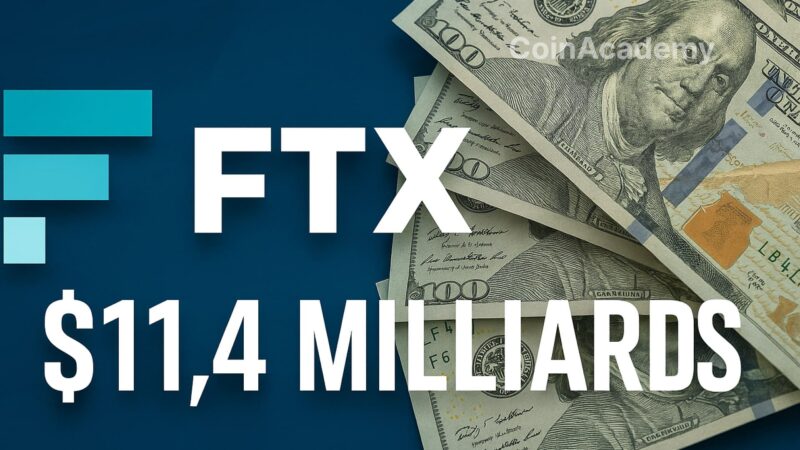The SEC has approved the introduction of options on BlackRock’s Bitcoin Spot ETF, iShares Bitcoin Trust, marking a key milestone for cryptocurrency investors and Bitcoin derivative products liquidity.
This crucial step follows the launch of several Bitcoin Spot ETFs earlier this year and paves the way for other asset managers, such as Grayscale and Bitwise, to offer options on their Bitcoin ETFs.
It is important to note that while this crucial step represents almost total confirmation of the upcoming listing of the options, the CFTC and OCC must also give their approval.
The options on Bitcoin ETFs have reached a crucial milestone with the long-awaited approval from the US SEC.
BlackRock, the world’s largest asset manager, has been given the green light to list and trade options on its Bitcoin Spot ETF, marking a new era for cryptocurrency investors. After approving several Bitcoin ETFs earlier this year, the SEC has now announced the accelerated authorization of these options, a decision that could have a significant impact on the liquidity of Bitcoin products listed on the stock exchange.
The SEC’s accelerated approval: What does it change?
In a document published on Friday, the SEC gave its approval for the listing and trading of options on BlackRock’s Bitcoin ETF, named iShares Bitcoin Trust (IBIT), via Nasdaq ISE, LLC. This decision is part of a series of amendments, the latest being Amendment 5, submitted by BlackRock and approved in an expedited manner. This approval, coming about eight months after the launch of Bitcoin Spot ETFs, marks a strategic turning point for investors who can now diversify their strategies using Bitcoin ETF derivatives.
This move by the SEC follows the authorization of several other Bitcoin Spot ETFs in January, such as those by Grayscale and Fidelity. However, until now, the ability to trade options on these products had not yet been approved. Now, other companies, such as Grayscale and Bitwise, are also in line to offer options on their respective Bitcoin ETFs, hoping to receive the same treatment from the SEC.
It is important to note that while this crucial step represents almost total confirmation of the upcoming listing of the options, the CFTC and OCC must also give their approval.
An opportunity to attract new investors
The introduction of options on Bitcoin ETFs is seen by many analysts as a key development to increase liquidity in these products. Eric Balchunas, Bloomberg’s senior ETF analyst, expressed his optimism about the effects of this approval:
“I expect others to follow quickly. It’s a big win for Bitcoin ETFs as it will attract more liquidity, which in turn will attract bigger investors.”
This new development should open attractive prospects for institutional investors, who are often more comfortable with derivatives such as options, offering an additional way to manage their exposure to Bitcoin market volatility. Nate Geraci, president of ETF Store, expressed his enthusiasm by stating, “Better late than never.”
Nuances in terminology raised by the SEC
Another noteworthy aspect of this development concerns the terminology used to refer to these financial products. Natasha Vij Greiner, director of the SEC’s Division of Investment Management, recently emphasized that Bitcoin ETFs are technically “exchange-traded products” (ETPs), rather than ETFs in the strict sense of the term. This is because they do not fall under the framework of the Investment Company Act of 1940, commonly known as the ’40 Act, which traditionally governs ETFs. This detail could influence how investors perceive the regulation and protections offered by these products.
Towards an expansion of Bitcoin ETF options offerings
With this authorization granted to BlackRock, it seems likely that other asset managers will soon obtain approval to list and trade options on their Bitcoin Spot ETFs. Companies like Grayscale, which recently ventured into the world of Bitcoin options, are expected to follow this trend and bring new investment alternatives.
For now, BlackRock remains the pioneer with its iShares Bitcoin Trust, but we are likely to see a rise in derivative financial products around cryptocurrencies in the near future.




